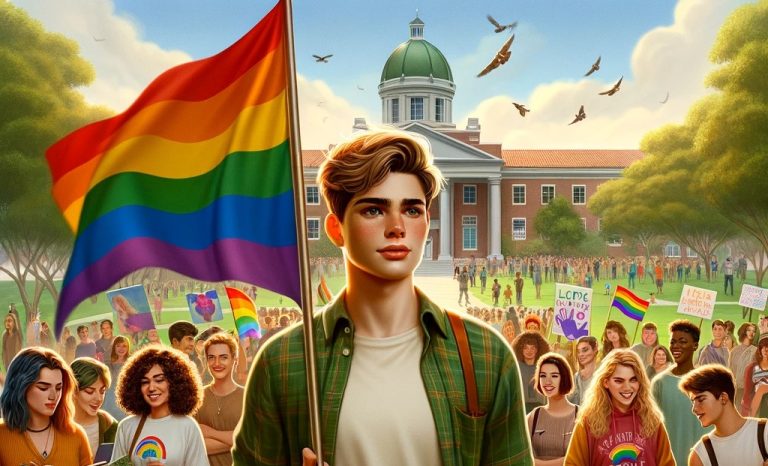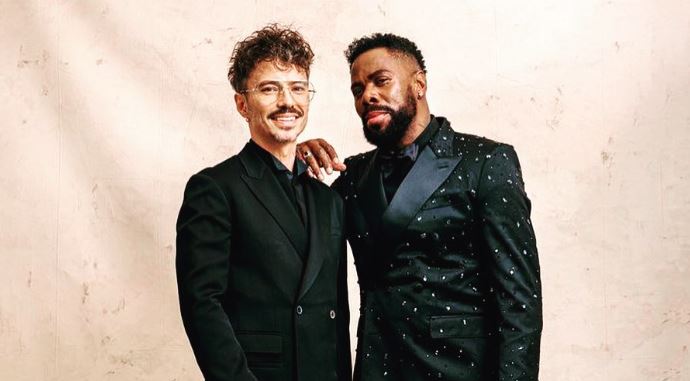Jeff Molina, the UFC flyweight sensation, recently set hearts racing and social media ablaze by posting an endearing picture with his boyfriend, Michael Kull, on Instagram. This public display of affection marks a significant turn in Molina’s journey, especially after he was compelled to come out as bisexual last March due to a leaked private video.
Molina’s candidness about his sexuality and the challenges he’s faced is admirable. His initial reluctance to be known solely as “the bi UFC fighter” reflects his desire for privacy and to be recognized for his athletic prowess rather than his sexual orientation. His statement on Twitter about the difficulties of being openly bisexual in a sport where homophobia is still prevalent speaks volumes about the environment he navigates.
Despite his efforts to keep his dating life private, particularly on social media, Molina hasn’t shied away from sharing subscriber-only content featuring his boyfriend on his OnlyFans. This recent Instagram post, however, is a step towards more open sharing, and it’s met with overwhelming support and admiration from fans and the LGBTQ+ community. Heart-eyes and fire emojis flooded his post, with fans expressing their happiness to see him thriving. Comments like “What a great couple, proud of you Jeff!” and “fucking HOT couple” from @lucasestmoi and @mikemesite, respectively, showcase the positive reception to his relationship.
Related: Anthony Bowens: Champion of Gay Love and Pride
Amidst a few predictable unfollows from some, the majority of responses have been encouraging. Molina has been hailed as a “bi king” by several fans, a label that signifies respect and admiration for his courage. As @therevenantmma aptly put it, “This is the kinda post that guys see and go, ‘Hell yeah dude.'”
Molina’s journey is a beacon of hope and resilience. It demonstrates the power of authenticity and the importance of living one’s truth, even in the face of adversity. The support he has received is a testament to the progress within the MMA community and the broader sports world, signaling a move towards greater inclusivity and acceptance. As he continues to excel in the octagon, Molina also fights for something greater – the right to love and live openly, inspiring many along the way.
Related: Gay Athlete Power Couple Breaks Up?






